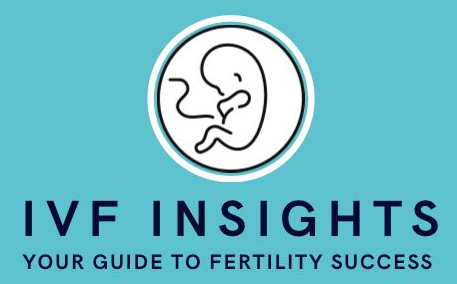
Endometriosis Diet: A beginner's Guide and Meal Plan
Endometriosis is a complex condition that affects millions of women worldwide. For those living with endometriosis, managing symptoms and finding relief can be a daily struggle. However, one area that holds promise in symptom management is diet. In this article, we'll explore the importance of the endometriosis diet, outlining key principles, foods to include and avoid, and providing practical tips for creating a meal plan to support overall health and well-being.
Understanding the Endometriosis Diet
Endometriosis is a chronic condition characterized by the growth of endometrial-like tissue outside the uterus. This tissue can cause inflammation, pain, and other symptoms, impacting various aspects of daily life. Common symptoms include pelvic pain, painful menstruation, and fertility issues. Understanding the impact of diet on endometriosis symptoms is crucial for effectively managing the condition and improving quality of life.
The endometriosis diet focuses on reducing inflammation and supporting overall health and well-being. By incorporating anti-inflammatory foods and nutrients into your diet, you can help alleviate symptoms and improve your overall quality of life.
Key principles of the endometriosis diet include:
- Emphasizing whole, unprocessed foods
- Incorporating anti-inflammatory foods such as fruits, vegetables, and fatty fish
- Avoiding inflammatory foods such as processed foods, caffeine, and alcohol
Foods to Include in an Endometriosis Diet:
Certain foods may help alleviate symptoms and promote overall health in individuals with endometriosis. These include:
- Fruits and vegetables: Rich in vitamins, minerals, and antioxidants that help reduce inflammation.
- Fatty fish: High in omega-3 fatty acids, which have anti-inflammatory properties.
- Whole grains: Provide fiber and nutrients that support digestive health and reduce inflammation.
You Might Also Like: Endometriosis and Fertility: What You Need to Know
Foods to Avoid in an Endometriosis Diet:
Certain foods may exacerbate endometriosis symptoms and should be limited or avoided altogether. These include:
- Processed foods: High in additives and preservatives that can increase inflammation.
- Caffeine: May exacerbate pain and discomfort associated with endometriosis.
- Alcohol: Can disrupt hormone balance and increase inflammation in the body.

Creating a Meal Plan for an Endometriosis Diet
Meal planning is essential for effectively managing endometriosis symptoms and supporting overall health. Here are some sample meal ideas to incorporate into your endometriosis diet:
Breakfast:
- Spinach and feta omelet with whole grain toast
- Chia seed greek yoghurt topped with sliced banana and almond butter
- Scrambled tofu tacos with avocado and salsa
Lunch:
- Brown rice bowl with black beans, roasted sweet potatoes, and kale
- Lentil soup with a side of mixed greens salad and olive oil dressing
- Whole grain wrap filled with grilled chicken, spinach, and hummus
Dinner:
- Baked salmon with quinoa pilaf and steamed broccoli
- Stir-fried tofu with vegetables and brown rice
- Zucchini noodles with turkey meatballs and marinara sauce
Snacks:
- Apple slices with peanut butter and cinnamon
- Rice cakes topped with mashed avocado and cherry tomatoes
- Cottage cheese with sliced peaches and a drizzle of honey

Lifestyle Tips for Managing Endometriosis
In addition to dietary changes, certain lifestyle factors can also impact endometriosis symptoms. These include:
- Regular exercise: Helps reduce inflammation and improve overall health.
- Stress management: Techniques such as meditation, yoga, and deep breathing can help reduce stress and alleviate symptoms.
- Adequate sleep: Aim for 7-9 hours of quality sleep per night to support hormone balance and overall well-being.

The endometriosis diet holds promise as a tool for managing symptoms and improving quality of life in individuals with endometriosis. By incorporating anti-inflammatory foods, avoiding trigger foods, and adopting healthy lifestyle habits, you can take proactive steps towards better managing your condition. Remember to consult with a healthcare professional before making significant dietary changes, and tailor your approach to suit your individual needs and preferences.



